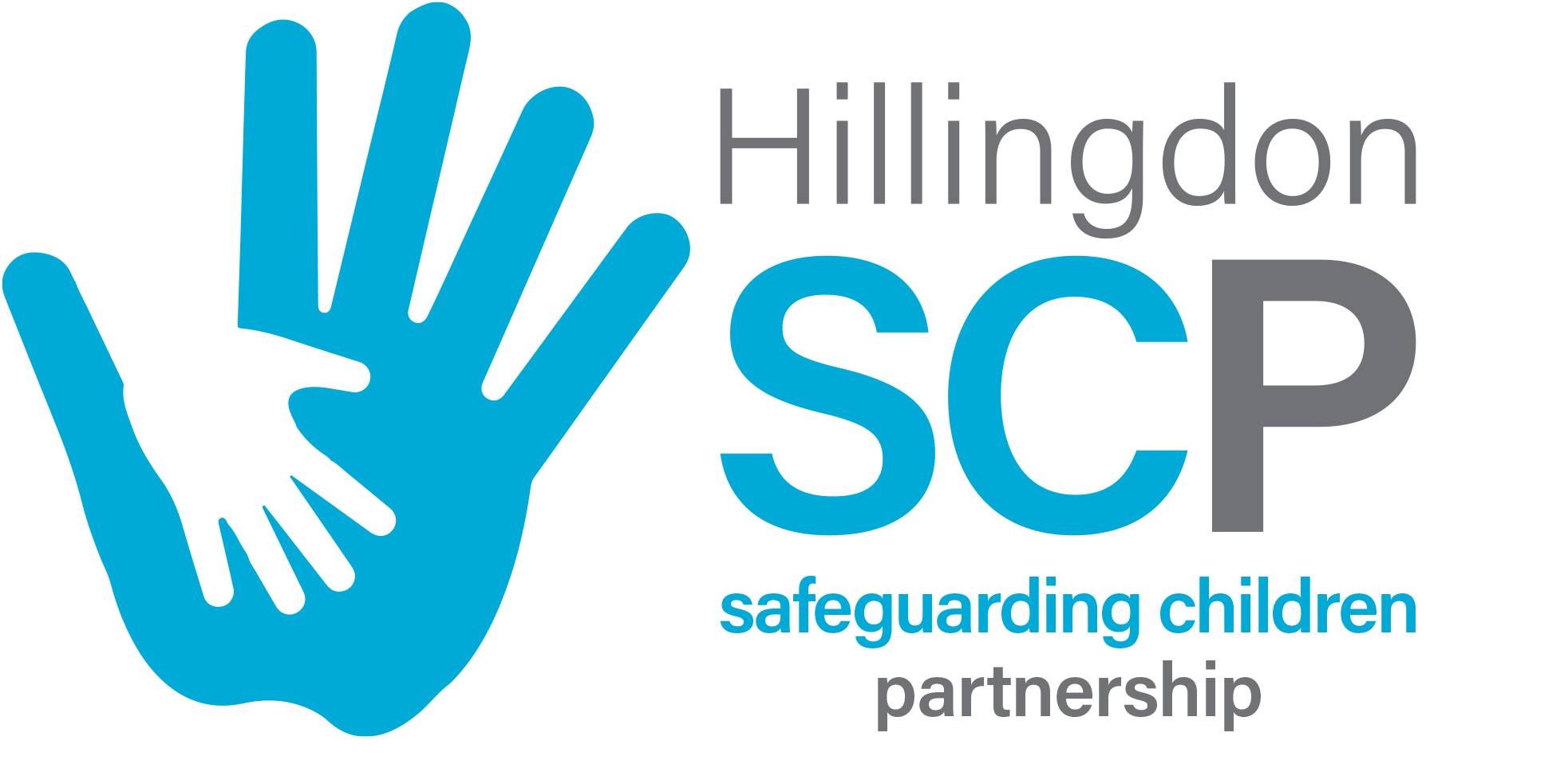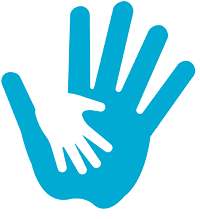
To make a referral for early help or social work support for a child in Hillingdon please contact the stronger families hub 01895 556 006

To make a referral for early help or social work support for a child in Hillingdon please contact the stronger families hub 01895 556 006
Domestic abuse is a pattern of threatening behaviour, violence or abuse by one person against another within a personal, intimate or family relationship. It is a crime and carries a high risk of harm.
Domestic abuse can happen to anyone, regardless of gender, age or culture, though women are disproprotionately affected. People with disabilities and mental health problems are at increased risk than other people. It can be perpetrated by partners, ex-partners or relatives.
Children are harmed by living in a household where domestic abuse is taking place and there is evidence that domestic abuse often occurs alongside other forms of child abuse, such as neglect or physical abuse.
Domestic abuse can take many forms and includes, but is not limited to:
Physical Abuse: Assault, punching, kicking, hitting, forced imprisonment, biting, strangling, burning, dragging, using weapons, throwing objects.
Sexual Abuse: Rape, sexual assault, degradation, forced to watch pornography.
Psychological Abuse: Verbal or emotional abuse, threats to kill, blaming, criticism, accusations, jealousy and obsessive behaviours, manipulation, sleep deprivation.
Financial Abuse: Preventing a person from getting a job, controlling access to money, the perpetrator deliberately running up debts (often in the victim’s name) or not paying the rent.
Coercive Control: a sustained pattern of controlling, threatening, or humiliating behaviour.
Domestic abuse is never acceptable. It is a crime. It causes significant harm to children. You can read more about the impact on children on the NSPCC website.
If an adult with care and support needs is a victim of domestic abuse this should be raised as a safeguarding concern via Adult Social Care by calling 01895 556633 or using the online form.
If you are aware of children in a household where you suspect domestic violence please report this as a child safeguarding concern. Concerned about a child’s safety? – Hillingdon Council
There is a lot of information available on the Hillingdon Council website about sources of support for domestic abuse locally and nationally.

To make a referral for early help or social work support for a child in Hillingdon please contact the stronger families hub 01895 556 006